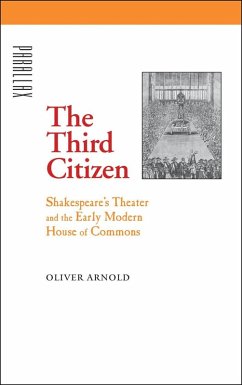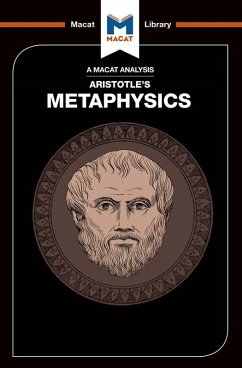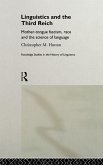The new practices and theories of parliamentary representation that emerged during Elizabeth's and James' reigns shattered the unity of human agency, redefined the nature of power, transformed the image of the body politic, and unsettled constructs and concepts as fundamental as the relation between presence and absence. In The Third Citizen, Oliver Arnold argues that recovering the formation of political representation as an effective ideology should radically change our understanding of early modern political culture, Shakespeare's political art, and the way Anglo-American critics, for whom representative democracy is second nature, construe both. In magisterial readings of Titus Andronicus, Julius Caesar, Coriolanus, and the First Tetralogy, Arnold discovers a new Shakespeare who was neither a conservative apologist for monarchy nor a prescient, liberal champion of the House of Commons but instead a radical thinker and artist who demystified the ideology of political representation in the moment of its first flowering. Shakespeare believed that political representation produced (and required for its reproduction) a new kind of subject and a new kind of subjectivity, and he fashioned a new kind of tragedy to represent the loss of power, the fall from dignity, the false consciousness, and the grief peculiar to the experiences of representing and of being represented. Representationalism and its subject mark the beginning of political modernity; Shakespeare's tragedies greet political representationalism with skepticism, bleakness, and despair.
Dieser Download kann aus rechtlichen Gründen nur mit Rechnungsadresse in A, B, BG, CY, CZ, D, DK, EW, E, FIN, F, GR, HR, H, IRL, I, LT, L, LR, M, NL, PL, P, R, S, SLO, SK ausgeliefert werden.









